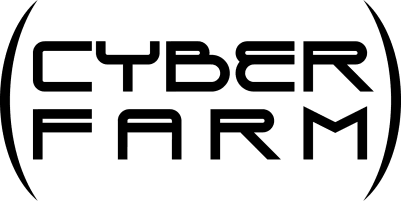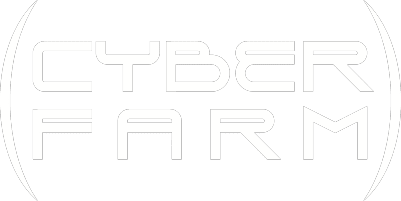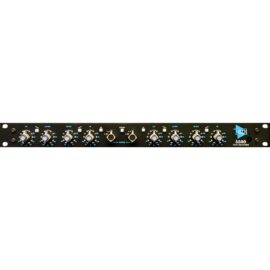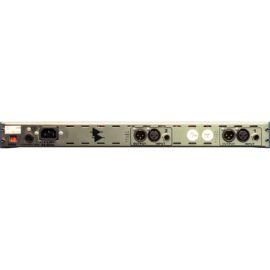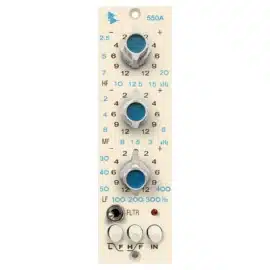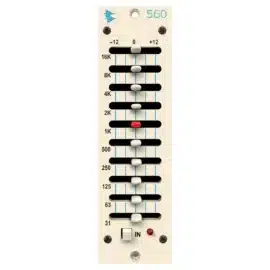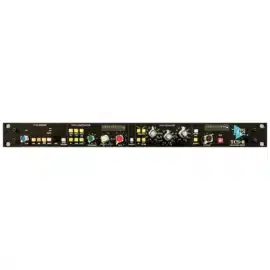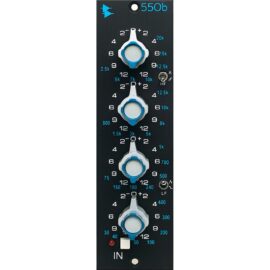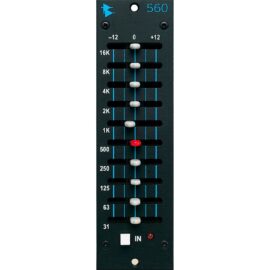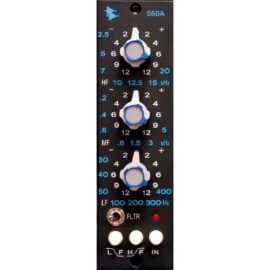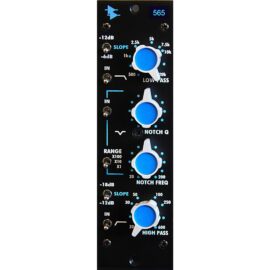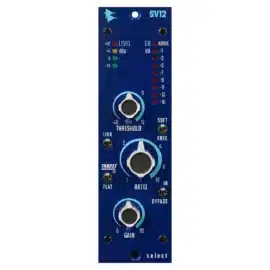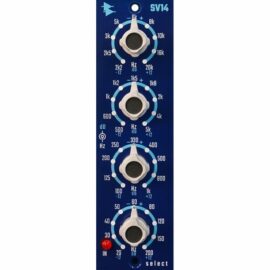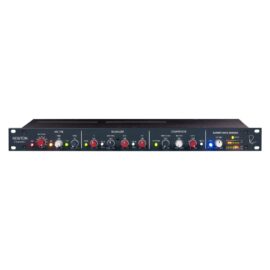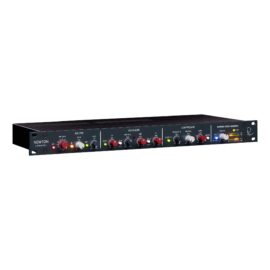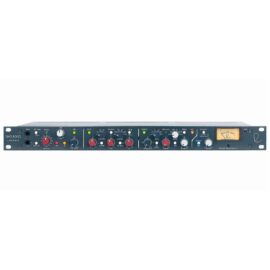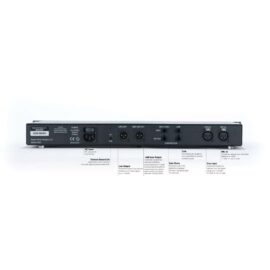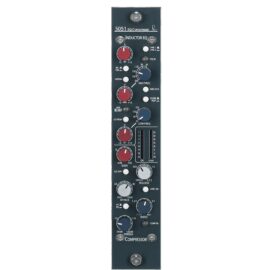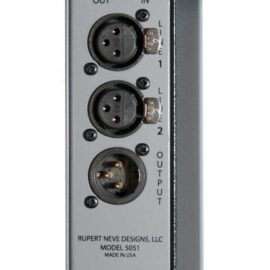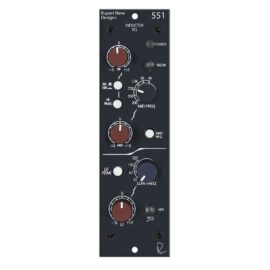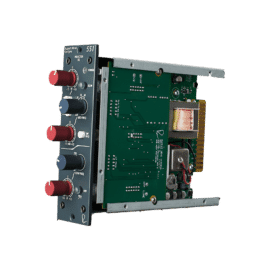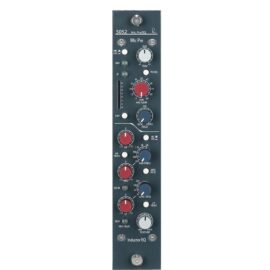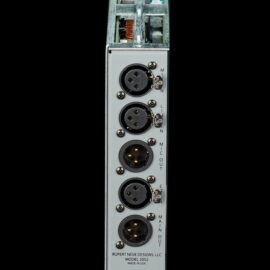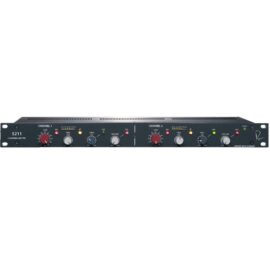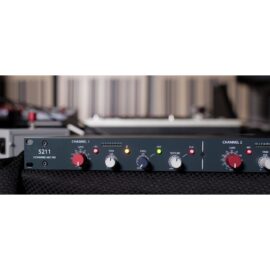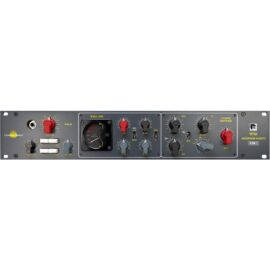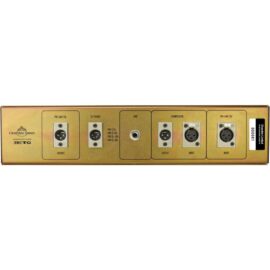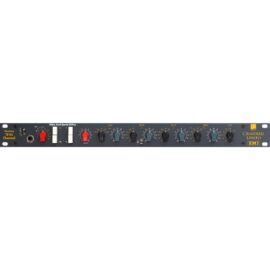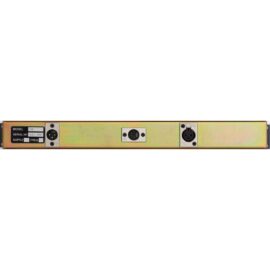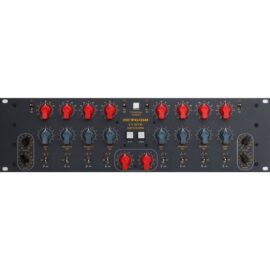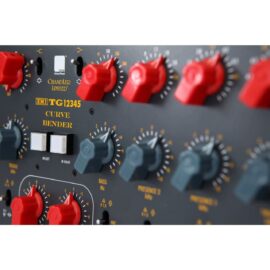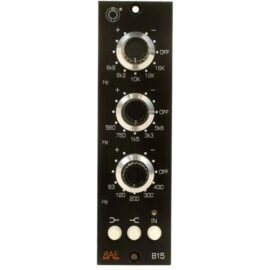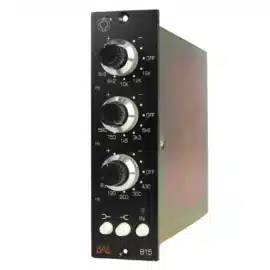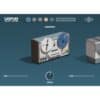Rupert Neve 5052 Shelford (vertical only) Mic Pre / Inductor EQ
Why are equalizers important?
You must use equalizers in your sound production because they allow you to adjust the tonal balance of the sound and tailor the sound. One of the most important ways to use an equalizer is by correcting or optimizing the frequency balance of the sound. This can be done by increasing or decreasing certain frequencies in the audio to make it sound more clear, balanced or to match other elements in the mix.
Equalizers are also used to reduce noise or unwanted frequencies, such as resonance in a guitar or feedback from a PA system. You can also use an equalizer creatively by giving a vocal or a guitar a certain timbre or to create a unique sound scenario in a music production.
The best equalizers
The world's best equalizers differ from other equalizers in several ways. First, they can have multiple adjustable bands, giving you a greater degree of control over the sound. They can also have advanced functions such as high-precision adjustment, high resolution and high-quality components, which make it possible to achieve a more precise and detailed adjustment of the sound.
The best equalizers also often have a wider frequency response, allowing the sound engineer or musician to adjust a wider range of frequencies. They can also have more advanced filter types, such as parametric EQ or graphic EQ, which offer more options for shaping the sound.
Finally, the world's best equalizers can often have a higher build quality and longer lifespan, as they are made from better components and materials, making them more robust and resistant to damage.
It is important to note that the best equalizers may vary depending on your preference and application. There may be equalizers that are better for specific purposes or in specific contexts.
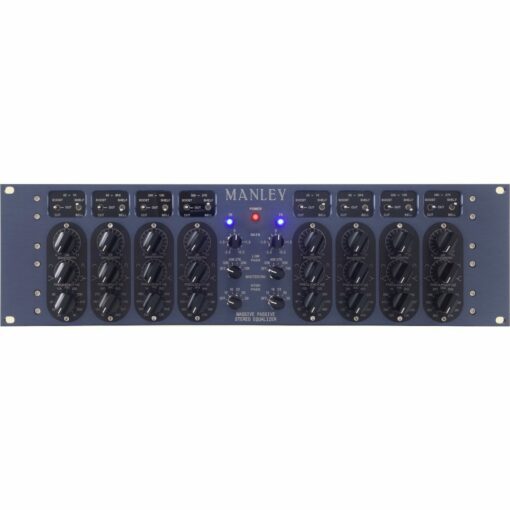
How to use equalizers
There are several ways to use equalizers, depending on the desired result and the specific sound source. Here are some general tips for using equalizers to their best advantage:
- Start by listening to the audio
Before you start adjusting the equalizer, it's important to listen to the audio and understand how it sounds in its current state. This will help you identify the frequencies that need to be changed. - Use EQ gradually
When you start adjusting the equalizer, do it gradually and in small steps. This will help you avoid major changes in the tonal balance of the sound and avoid damaging the sound. - Focus on specific frequencies
When using the equalizer, focus on specific frequencies rather than adjusting the entire spectrum at once. This will help you get the desired tone and avoid damaging the sound.
Use a spectrum analysis tool
It can be useful to use a spectrum analysis tool which shows the frequency distribution of the sound when adjusting the equalizer. This will help you see which frequencies need to be changed and how much they need to be changed. - Use EQ creatively
Use the equalizer creatively to give the sound a unique sound or to create a unique sound scenario in a music production.
Cooperate with other signal processing units
Use equalizers in combination with other signal processing devices such as compressors, limiters, echoes, reverbs, etc., to achieve the desired result.
It is important to research and experiment with different EQ techniques and find the best method for you and your production. The most important thing is to listen to the sound and understand how EQ can help tailor the sound to your liking.
Examples of good equalizers
At Cyberfarm we carry the best equalizers from the best brands in the world and we have collected a handful of the best equalizers here:
Chandler TG Microphone Cassette
